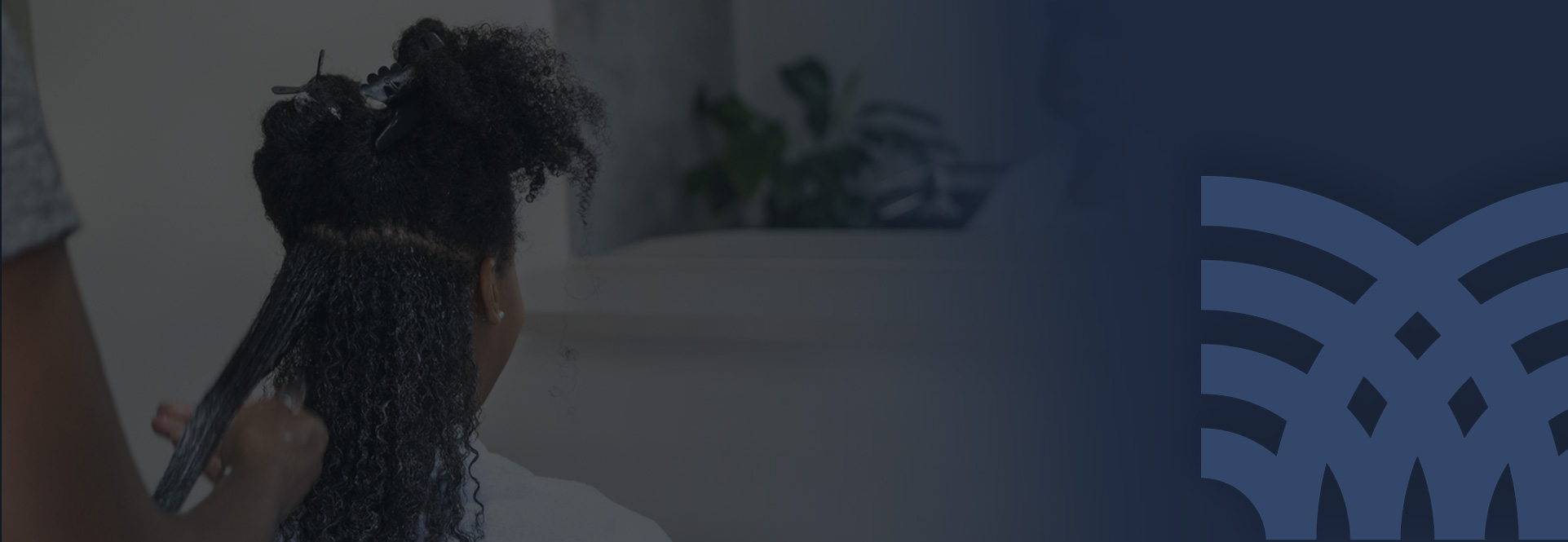
Hair Relaxer/Straightener Litigation Attorneys
If you or your loved one have used hair relaxers or straighteners and been diagnosed with uterine or ovarian cancer, you may be eligible to file a lawsuit against the manufacturers of these products.
Some women have developed uterine or ovarian cancer related to their use of hair relaxers or straighteners. By filing lawsuits, victims may be compensated for their pain and suffering, medical expenses due to cancer diagnosis and treatments, and lost income or wages as a result of their cancer prognosis.
Hair relaxers and straighteners are a predominant exposure pathway to various endocrine-disrupting chemicals such as formaldehyde and have been associated with hormone-sensitive cancers including uterine and ovarian cancers in epidemiological studies. Recent peer-reviewed studies involving tens of thousands of women have found more than a two-fold increase in risk of uterine and ovarian cancers associated with frequent use of hair relaxers and straighteners.* Importantly, this increase in risk remained statistically significant even after controlling for a number of confounders known to be independent risk factors for uterine and ovarian cancers.
You may be eligible to file a hair relaxer lawsuit if you:
- Used hair relaxers or straighteners
- Later developed uterine or ovarian cancer
A number of companies have been named as defendants in hair relaxer cancer lawsuits pending in federal and state courts. We are currently filing cases related to the following products (defendants):
- Dark & Lovely (L’Oréal and SoftSheen)
- Optimum (L’Oréal and SoftSheen)
- Mizani (L’Oréal)
- Motions (Strength of Nature)/li>
- Just for Me (Strength of Nature)
- Soft & Beautiful (Strength of Nature)
- TCB (Strength of Nature)
- TCB Naturals (Strength of Nature)
- Profectiv Mega Growth (Strength of Nature)
- African Pride (Strength of Nature)
- Dream Kids (Strength of Nature)
- Silk Elements (Sally Beauty)
- Dr. Miracle’s (Strength of Nature)
- African Pride (Strength of Nature and Godrej SON Holdings)
- ORS Olive Oil (Dabur and Namaste)
- Hawaiian Silky (JF Labs)
- Cantu (PDC Brands)
- Design Essentials (McBride)
- Affirm (Avlon)
- Africa’s Best (House of Cheatham)
- Pink Conditioning No-Lye Relaxer (Luster)
- Smooth Touch No-Lye Relaxer (Luster)
Our dedicated team of attorneys, scientists, and support staff are ready to assist you with filing a lawsuit. Please call us at (916) 520-6639 for a free consultation.
*See, e.g., Chang CJ, O'Brien KM, Keil AP, Gaston SA, Jackson CL, Sandler DP, White AJ. Use of Straighteners and Other Hair Products and Incident Uterine Cancer. J Natl Cancer Inst. 2022 Dec 8;114(12):1636-1645; White AJ, Sandler DP, Gaston SA, Jackson CL, O'Brien KM. Use of hair products in relation to ovarian cancer risk. Carcinogenesis. 2021 Oct 5;42(9):1189-1195.

Millions in Settlements. Even more in client trust.
-
 Windsor Redding Care Center
Windsor Redding Care CenterShasta County Superior Court of California granted KTB's motion to compel Windsor Redding Care Center to produce documents during the discovery process.
-
 Ford Motors Company
Ford Motors Company$45 Million Jury Verdict against Ford Motors Company: A $29.6 million jury verdict on behalf of eleven heavy truck dealers in the Ford Motors breach of contract lawsuit increased to $45 million to reflect interest accrued over the life of the suit.
-
 American Honda Motor Co.
American Honda Motor Co.$390 million class action settlement against American Honda Motor Co., Inc. in Multi-District Litigation (MDL) proceedings on behalf of all present and former Honda dealers alleging RICO violations relating to misallocation of vehicles in a nationwide bribery conspiracy.
-
 United Parcel Service, Inc. (UPS)
United Parcel Service, Inc. (UPS)$87 million class action settlement against United Parcel Service, Inc. (UPS) on behalf of 23,600 UPS drivers to recover unpaid wages based on allegations the employer failed to provide meal & rest periods required under California wage and hour law. The cases settled for an $87 million cash payment and other benefits to class members valued at more than $4 million. This is the largest “meal & rest period” settlement in California history, & considered one of the largest nationwide wage & hour settlements.
-
 Jenny Craig, Inc.
Jenny Craig, Inc.$46 million settlement against Jenny Craig, Inc. in a class action under the Consumers Legal Remedies Act.
-
What is a personal injury lawsuit?A personal injury action is a civil lawsuit that seeks to recover compensation for the harm caused, either physically, mentally, or emotionally, by another’s negligence. Personal injury lawsuits provide a way for victims of preventable accidents to recover compensation for damages like medical bills, lost wages, property damage, and more. In order to be successful, the plaintiff (the injured person bringing the lawsuit) needs to prove that the actions or inaction of the defendant (the person accused of negligence) were to blame for their accident.
-
How many fires in California are started by power companies?According to research conducted by Earth.org, upwards of 90% of all wildfires in California are caused by negligence, such as poor powerline maintenance by power companies. An investigation from NPR was able to pin at least 30 destructive wildfires on PG&E since 2017.
-
Does my injury qualify for a personal injury lawsuit?
In order to file a personal injury case for negligence, you must meet the four following criteria:
- Duty – In order to successfully bring a case against a defendant, the plaintiff must show that the law imposed a “duty” on the defendant to act a certain way. This “duty” is an obligation to act as a “reasonable person” would act, and courts have illustrated how a “reasonable person” would act in a variety of specific circumstances. For example, a manufacturer of a product has a “duty” not to release products that can foreseeably cause harm to consumers.
- Breach – This requirement simply means that a defendant must have failed to act as a reasonable person would have acted in his or her circumstances, and thereby breached his or her duty.
- Harm – This requirement merely means that the plaintiff must have suffered some kind of real harm, physical, financial, emotional, etc.
- Causation – This requirement means that a defendant’s breach of duty must have caused the plaintiff harm. There are two types of causation that typically must be shown: 1) actual causation, meaning that, but for the defendant’s breach, the plaintiff’s harm would not have occurred, and 2) proximate causation, meaning that the link between the defendant’s breach and the plaintiff’s harm must not be ‘stretched too thin’ by intervening events or other factors.
To fully understand your rights after suffering an injury, contact Kershaw Talley Barlow at (916) 520-6639. Our Sacramento personal injury attorneys can provide you with a free case evaluation.
-
When Should I Contact an Attorney?We recommend contacting a lawyer as soon as possible if you were injured in a car wreck. An attorney can advise you on what to say to the at-fault party's insurance company, help you collect evidence to support your claim, and ensure you receive the medical care you need. On top of that, California's statute of limitations for personal injury claims is only two years and you will want to give your lawyer as much time as possible in case you decide to file a lawsuit.
-
How many personal injury cases go to trial?
The majority of civil cases filed are personal injury tort cases where a plaintiff is seeking monetary damages for an injury sustained by another person’s negligence. These lawsuits are brought for various reasons, such as motor vehicle accidents, medical malpractice, or defective products.
Many civil cases can be resolved without going to trial through an Alternative Dispute Resolution (ADR) process, such as arbitration or mediation. Arbitration and mediation bring together the persons involved in the lawsuit in an informal setting. The goal is to reach a fair resolution without incurring the time and expense of trial.
While there is no exact national data, the U.S. Department of Justice reports about 4% of all personal injury cases filed nationally actually go to trial. The majority of personal injury cases are resolved in either settlements or dismissals before trial is even assigned.







